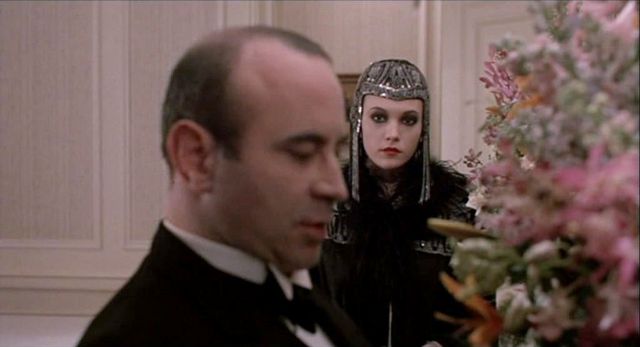“Robert Bly, who’s done his share of thinking about the heroic narratives of childhood, has called ours a ‘sibling society,’ and called our lives ‘horizontal’ — allowing for neither transcendence nor descent into shadow, valuing neither authority nor compassion. There can be no sadder symbols of that than today’s superheroes.” — Gerard Jones in The Comic Book Heroes, 1997 edition.
For Critic’s Notebook I reviewed The Amazing Spider-Man 2, a pre-fab artefact that ploughs horizontally through a whiteboard’s worth of narrative bullet points drafted by committee. Simple escapism is in short supply; Bly’s transcendence is pretty much out of the question.
Everything is connected. This is what happens when superhero films become consumable items, and this is what a consumerist interaction with art looks like. The endless rinse-and-repeat cycle of a fantasy film’s over-anticipation, release-day analysis in a swoon, and vague disgruntled disappointment in the rear view mirror isn’t just a question of critical faculties; it’s a matter of biochemistry, of low-level addiction to mild legal highs and the nature of the following comedowns. And this cycle isn’t some accidental by-product of a corporate business model; it is the business model itself. It’s what creates franchises out of single discrete works, the goal of boardrooms everywhere. It’s not rocket science.
Neither is film reviewing in theory, although the job can make heavy weather of the simple things — like spotting that reviews of superhero films are as culturally necessary as reviews of chocolate bars, and must draw their agency from something other than a vague impulse to Warn The World. That way lies irrelevance.
Film criticism on the other hand is the dialogue between a film and the culture it enters on release, and is more relevant than ever. But its practitioners need to keep a firm grip on the handrail when those films are the culture incarnate. Lose sight of whether you’re looking at the cart or the horse and things can get sticky. A shortage of broad inclusive cultural perspective is the Achilles’ heel in a lot of film criticism most days of the week; gently incubating such a thing would be a step in the right direction. So would fewer films as horizontal as The Amazing Spider-Man 2.
 Bob Hoskins, Diane Lane
Bob Hoskins, Diane Lane